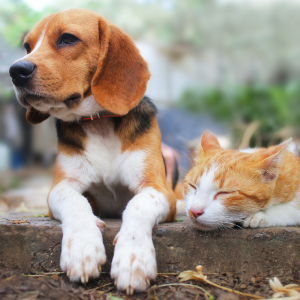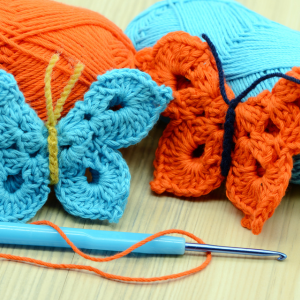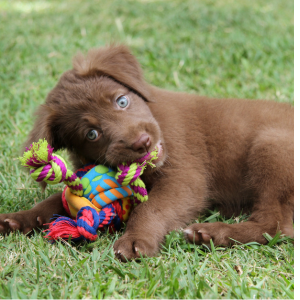Reduce Your Pet’s Carbon Pawprint
 We’re sure that your adorable pup or kitty is friendly – but are they Eco-friendly? Pets can have a substantial carbon pawprint, with poop bags, litter boxes, flea treatment products, coats, bowls, and toys. But you can help them support a sustainable lifestyle too with the way that you purchase, use, and discard the products you choose for them.
We’re sure that your adorable pup or kitty is friendly – but are they Eco-friendly? Pets can have a substantial carbon pawprint, with poop bags, litter boxes, flea treatment products, coats, bowls, and toys. But you can help them support a sustainable lifestyle too with the way that you purchase, use, and discard the products you choose for them.
One of the greatest sources of waste is the pets themselves, naturally. You may think it’s ok to leave your dog’s poop at the edge of the woods on a walk, for example, thinking it will decompose and become a natural part of the environment. But dog feces are not the same as bears, geese, and other wildlife. Wild animals eat from the same area where they live and roam, so when they defecate they are depositing natural nutrients back into the environment. Dogs eat commercially produced diets that include nutrients that are not part of the natural environment. This can allow harmful bacteria to wash away with the rain, into the rivers and streams where wildlife and humans can come in contact with it. Compostable doggie waste bags are widely available, and should always be used to properly dispose of pet waste.
You should also be concerned with pet waste disposal for indoor cats. Many kitty litter brands include ingredients that contain toxic chemicals that should be avoided, such as Silica dust, and synthetic fragrances made from chemicals that can affect your cat’s health. Feline Pine, one of the more affordable brands, is made with 100% pine shavings. It uses sustainable kiln-dried shavings reclaimed from lumber production, so no new trees are killed to make it. And it works well for its smell-reduction without the use of scents or perfumes.
 Pet toys are a great way to upcycle items that might have been sent to the landfill. An old t-shirt can be cut into strips and braided for a tug toy, and digital download Etsy pattern for cat or dog toys from yarn and fabric scraps. And if you do have any of those nylon chew toys that have outlived their usefulness, they can be recycled for FREE through a TerraCycle program.
Pet toys are a great way to upcycle items that might have been sent to the landfill. An old t-shirt can be cut into strips and braided for a tug toy, and digital download Etsy pattern for cat or dog toys from yarn and fabric scraps. And if you do have any of those nylon chew toys that have outlived their usefulness, they can be recycled for FREE through a TerraCycle program.
 Speaking of recycling and upcycling, there’s a way you can help pet shelters be sustainable too. Often working with tight budgets, you can help the pets they’re caring for be more comfortable with donations of towels and blankets, your pet’s outgrown collars, ignored toys, or surplus pet food and treats. Call your local shelter to see what their needs are, and available times to drop off your donations.
Speaking of recycling and upcycling, there’s a way you can help pet shelters be sustainable too. Often working with tight budgets, you can help the pets they’re caring for be more comfortable with donations of towels and blankets, your pet’s outgrown collars, ignored toys, or surplus pet food and treats. Call your local shelter to see what their needs are, and available times to drop off your donations.
So be a cool, eco-friendly pet parent, and share the knowledge with others!
